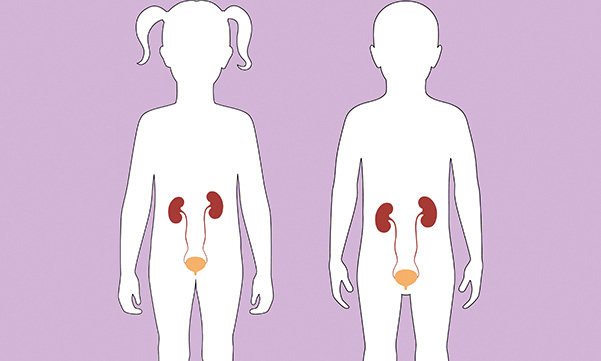Biological basis of child health 15: understanding the renal system and common renal conditions in children

Resource
Exclusive quality-assured learning resource
Online

Available to RCNi Plus subscribers
Applicable for any nurse with an RCNi subscription
This article, the 15th and last in a series on the biological basis of child health, focuses on the renal system, in particular the kidneys. It provides an overview of their role, function, anatomy and physiology, and embryological development. The renal system has a crucial role in homeostasis, so renal function impairment can have wide-ranging and potentially serious consequences for a child’s overall health. The article describes some of the common renal conditions seen in children and how these are managed. It explains how to interpret the results of renal function tests and urine sampling conducted to assess renal function and to investigate acute and chronic disease.
Who is this resource for?
This resource is aimed at nurses and nursing support workers across all settings and levels of practice, including students of health, social work and care professions.
